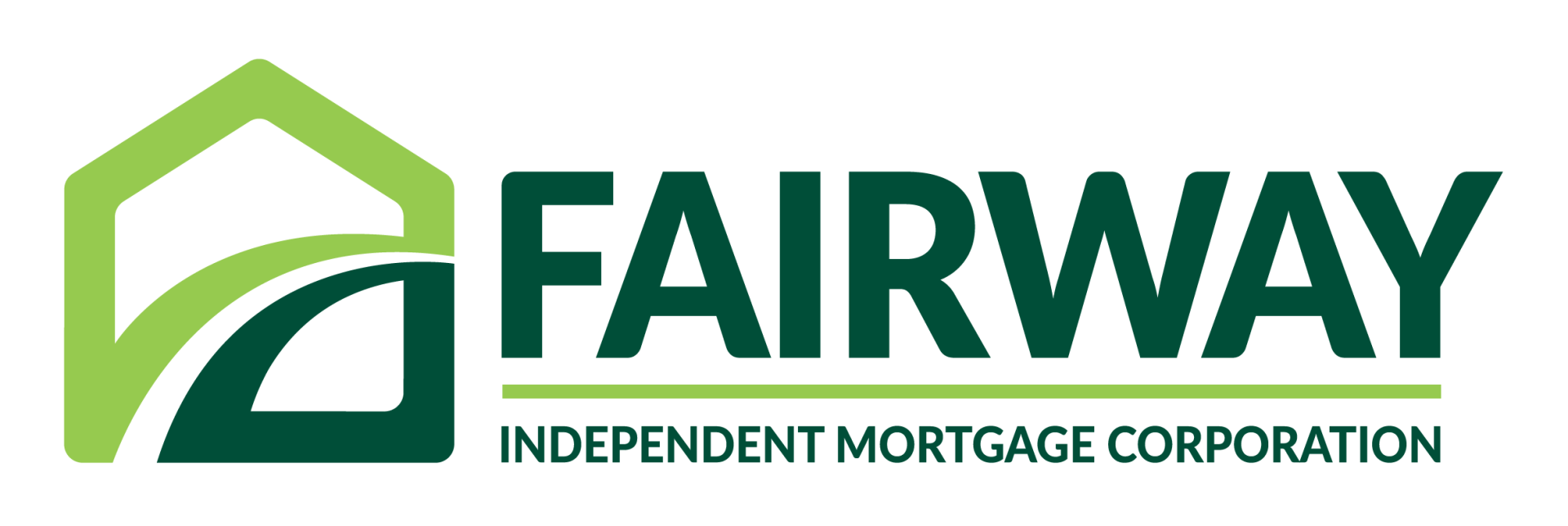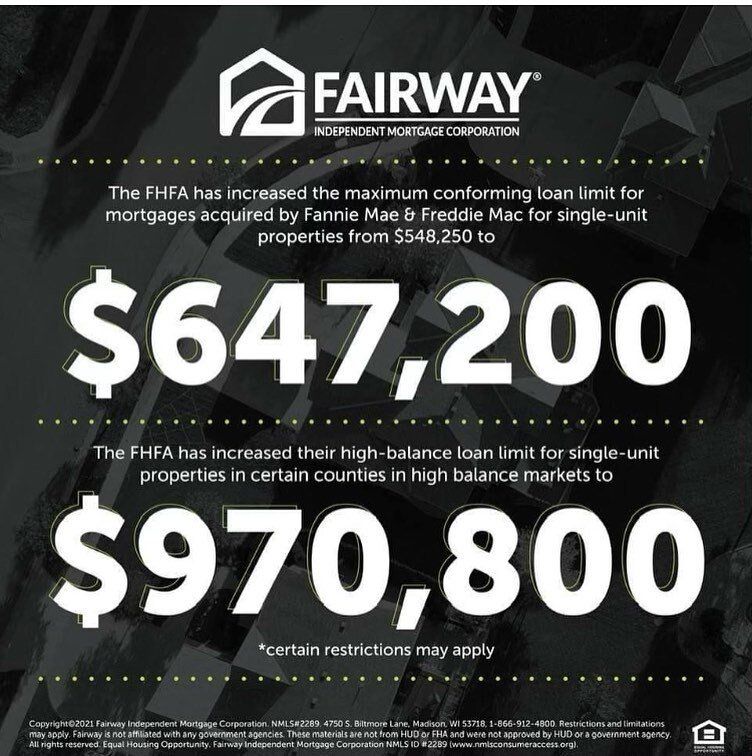When delving into the homebuying process, it is important to understand key real estate terms that your Realtor and loan officer will use. After all, it can sometimes seem like the mortgage industry has a language of its own. At Fairway Independent Mortgage Corporation Fort Lauderdale, we are happy to prepare you ahead of time as well as answer any questions you have along the way. Below is our basic glossary of commonly used real estate jargon!
Buyer’s Agent/Listing Agent
Two real estate agents are typically involved in the homebuying process. While their job titles have a few variants, the most commonly used are: buyer’s agent (for the person representing the homebuyer in the purchase) and listing agent (for the representative of the seller of the property).
Amortization
The amortization of your mortgage shows how much of your monthly payment will be directed toward your principal payment, and how much will be paid to interest. It is a breakdown of each installment to show the gradual reduction of your debt over the life of your loan.
Fixed Rate/Adjustable Rate
When deciding on the type of home loan that is right for you and your family, you will come across fixed-rate mortgages and adjustable-rate mortgages (ARMs). A fixed-rate mortgage keeps the same interest rate throughout the life of the loan, while an ARM has a variable interest rate that will change after an agreed-upon period of time.
Pre-Approval Letter
A great first step when considering a home purchase is to head to your bank for a pre-approval letter. This letter is an estimate of how much your bank will agree to lend you, and it can help you determine your price range when searching for a home. A pre-approval is also encouraging for home sellers and additional lenders, and it can improve your chances of buying your dream home in instances where there are competing offers.
Appraisal
An estimate of your home’s value — formally known as an appraisal — is required for your prospective home purchase. A licensed appraiser retrieves this information based on comparable homes that have sold in close proximity, as well as a thorough walkthrough to investigate features of the home.
Equity
Home equity is a calculation of your home’s value, minus the existing balance on your mortgage. As you make mortgage payments, your home’s equity increases over the life of your loan. Upgrades to your home can increase equity as well, because they can increase your home’s appraised value.
Contingency
A contingency is a stipulation that you can place on your home offer. There are several different contingency categories, but the most common are financing, inspection and appraisal. These are used to keep your offer from becoming a legally binding contract until certain conditions are met.
Closing Costs
When entering the homebuying process, it is important to know that you will have miscellaneous costs associated with the closing process. These can include, but are not limited to: commissions to agents, courier charges, mortgage fees, inspections, recording fees and title insurance.
Title Insurance
Just as you enroll in car insurance when you purchase a vehicle, title insurance is an important part of owning a home. This insurance protects both the homeowner and the lender from unexpected outside claims of homeownership.
Escrow
Your escrow account, which pays for taxes and insurance each month, and is set up by your lender. Homeowners, mortgage and flood insurance are typically included in this payment. The monthly payment for your escrow is added to your mortgage payment.














